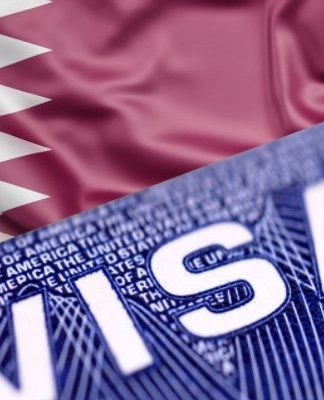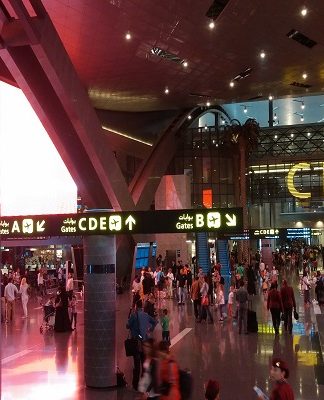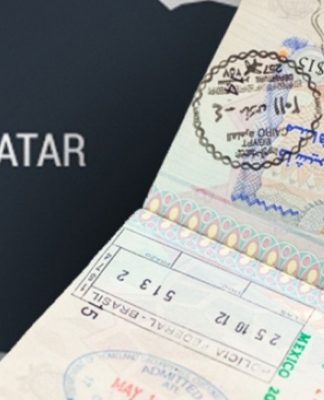Back to homepage / Africa
DEFORESTATION
‘Dependent on the forest’: The fight for indigenous peoples’ rights in the Congo Basin
The tropical forests of the Congo Basin are home to nearly 1 million indigenous people. After thousands of years of survival, deforestation is perhaps their biggest challenge yet. On International Day of the World’s Indigenous Peoples, FRANCE 24 takes a closer look at what’s being done to help.
Issued on: 08/08/2023 – 20:09
4 min
Residents of the village of Muyange, in the South Kivu province of the Democratic Republic of Congo, are seen in this photo taken on June 16, 2023.
Residents of the village of Muyange, in the South Kivu province of the Democratic Republic of Congo, are seen in this photo taken on June 16, 2023. © Crispin Kyalangalilwa, Reuters
Text by:
Barbara GABEL
Known as the “lungs of Africa”, the Congo Basin is closely contesting the Amazon as the most important mainland carbon sink in the world. With its 200 million hectares of tropical forest, it spreads across Congo-Brazzaville, Gabon, Cameroon, Central African Republic, Equatorial Guinea and the Democratic Republic of Congo (DRC) – which has some 60 percent of the expansive jungle.
The guardians of the Congo Basin, indigenous peoples known as Pygmies, are estimated to have lived in the tropical forest for as many as 50,000 years. Some 900,000 Pygmies remain dependent on its resources to this day. As deforestation in the Congo Basin accelerates, they are losing their habitat, their history and their culture.
Improved access to forests over the past twenty years has hastened harmful trends in a region with historically low rates of deforestation. “The countries of the Congo Basin have benefited from major development investments, notably road construction,” explains Marine Gauthier, an expert in indigenous peoples’ rights and forest governance. “Roads have improved access to the villages, but they have also given access to people looking to farm and fell.”
‘Dependent on the forest’
An estimated 2 million hectares of forest are destroyed every year in the Congo Basin. In 2022 alone, the DRC lost more than half a million hectares, 13 percent of global deforestation. Only Brazil, which accounted for 43 percent, felled more trees.
Estelle Ewoule Lobe, cofounder and executive secretary of Action for the Protection of Internally Displaced Persons and Environmental Migrants in Africa (APADIME), campaigns against illegal logging in Cameroon’s Congo Basin. Lobe says Central African countries have made commitments to protect forests, but these are rarely respected due to problems with political governance and security.
Eugene Omokami, an Aka Pygmy, poses for a portrait in a deforested area of Mbata, in the Lobaye region of southwestern Central Africa, on January 24, 2023.
Eugene Omokami, an Aka Pygmy, poses for a portrait in a deforested area of Mbata, in the Lobaye region of southwestern Central Africa, on January 24, 2023. © Barbara Debout, AFP
“In addition to violating the law and international accords, these smugglers exploit forests without authorisation and violate the rights of indigenous peoples”, says Lobe, denouncing “corruption” in Cameroonian forest management. “Some indigenous populations live in extreme poverty because logging companies don’t respect conditions in contracts that mandate building schools or water services.”
The damage done to their habitats makes it difficult for Pygmies to care for themselves, says Gauthier. “They are completely dependent on the forest for their traditional medicines,” she explains. “Cutting down the forest means depriving people of their habitat, their health and their food; everything they need to survive. They are destined to disappear.”
Continuing to destroy the ecosystems of indigenous peoples risks losing their unique cultural traditions and identities. “Many indigenous peoples have already left the forest … some live in Kinshasa shanty towns,” says Gauthier. “When they leave their environment, they lose a part of who they are. We’re talking about a minority with an extremely fragile ecosystem. They are not safe from cultural extinction.”
‘They must be a part of the change’
Despite this difficult picture, Gauthier says the rights of indigenous peoples are better protected today than they were a decade ago. She is pleased they are now recognised in most international agreements and points to international forest preservation organisations that are increasingly sensitive to the rights of indigenous peoples.
Daily newsletter
Receive essential international news every morning
Subscribe
When she began working in the DRC in 2011, Gauthier recalls that the term “indigenous people” was still unacceptable to some. “People said we should talk about Congolese people in general and not indigenous peoples because it would have been discrimination,” she explains. “Even the government had difficulty recognising indigenous peoples in its territory. There was a desire to deny any ethnic diversity.”
The latest example of progress is an anti-discrimination law enacted in November 2022 in the DRC. Thanks to this law – which is the fruit of work by a national network of Pygmy organisations called the Dynamique des Groupes des Peuples Autochtones (DGPA) – Pygmies benefit from free health care and legal fees. “Activists fought long and hard to support this law for over 10 years, organising demonstrations and going to parliament to defend it. It’s an enormous achievement,” says Gauthier.
The efforts of civil society groups like the DGPA have given momentum to indigenous rights policy. Ewoule Lobe’s association is part of this network fighting for change. Every week, Lobe trains community leaders to act as intermediaries between their people, the state and associations. “We need to equip them to join the fight against environmental crime,” she says.
On this point, Gauthier couldn’t agree more. “We cannot do things for the Pygmies without the Pygmies taking part. They must be a part of the change.”
This article is a translation of the original in French.

















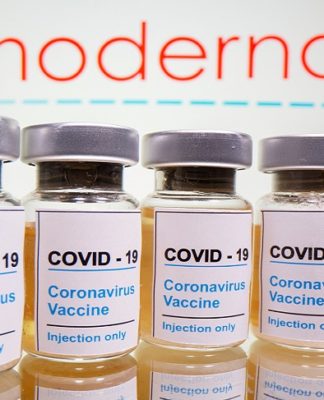




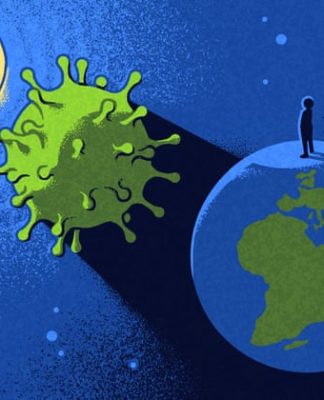
![List Of Profession Eligible For Family Visa In #Qatar2022 [Salary Occupations]](https://welcomeqatar.com/wp-content/uploads/2022/07/maxresdefault-1-324x400.jpg)


